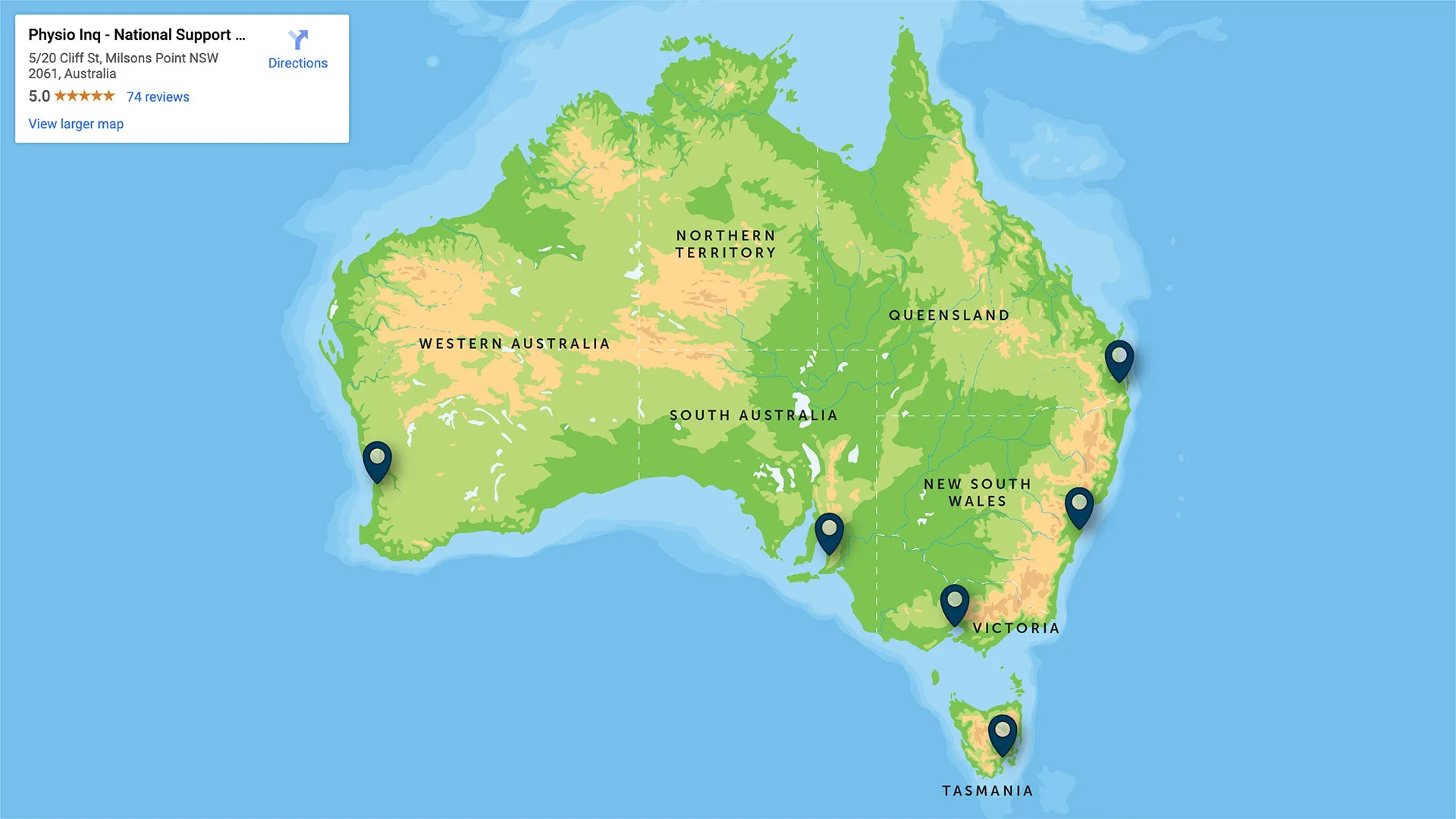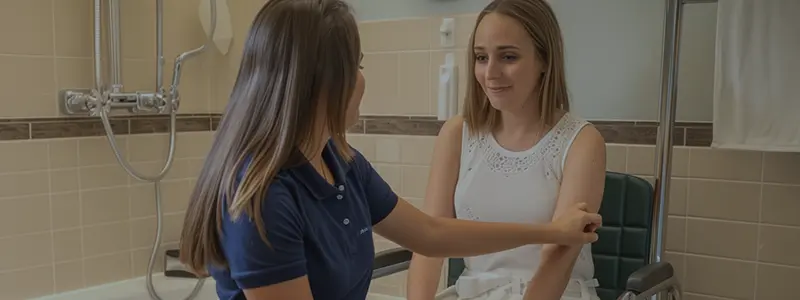After a Occupational Therapist that places your needs first?
Looking For A Trusted & Reliable Occupational Therapy Provider? Find The Best OT For Your Support Needs Today. National Provider. Learn More.Book an appointment or make a referral
The referral and booking process takes less than 5 minutes. We endeavour to respond to all enquiries and referrals the same day they are received and in most cases, we are able to confirm an appointment time with you within 48hrs.
After a Occupational Therapist that places your needs first?
Move better, live better - Let our Occupational Therapists support you through your daily activities and help build your capacity so you can be more independent TODAY.
Did you know our Physio Inq Occupational Therapy team is on a mission to bring every Australian full range of Occupational Therapy services in the comfort of their own home or any location that is convenient - saving time and the added distress.
Occupational Therapists (OT) work with people to complete the activities that they need and want to do each and every day.
The goal of OT is to get the best fit between the you as the person, the activity and the environment that you perform that activity.
Why you might need an Occupational Therapist?
- You are physically disabled
- You are recovering from an illness or operation
- Have learning disabilities
- Have mental health problems
- Are getting older
The areas in which Physio Inq Occupational Therapists work in include:
People With Disabilities. NDIS Participants
Physio Inq OT's can support your NDIS plan with assistive technology, home modifications, capacity building, improved daily living assessments and subsequent recommendations. NDIS Occupational Therapists at Physio Inq provide consultations for physical and cognitive disabilities.
Aged Care
Ageing brings with it challenges to perform activities, Physio Inq OT’s in aged care work with youe loved one to maintain independence. This is achieved by assessing people to maintain access to their home, reduce the risk of falling while completing the activity they complete daily and identifying strategies or equipment that supports people to continue to complete these tasks.
Paediatric Occupational Therapy
Paediatric Occupational Therapists work with children of all ages and their families to help children of all ages perform daily activities that they may find challenging by addressing sensory, social, behavioural, motor, and environmental issues.
Our Occupational Therapists have all the equipment and skill-sets they need to carry out in home treatments of any type. Whether it be:
- Home modifications
- Specialised Equipment prescription
- Home rehabilitation
- Falls prevention
- Upper limb assessment & therapy
- Structural modification
- Specialised seating/ wheelchair prescription
- Scooter & mobility assessment and training
- Palliative care
- Chronic pain management
- Stroke & neurological rehabilitation
- Support disability accommodation assessment
- Supported independent living assessment
- Links to community facilities & resource
- Cognitive assessment & retraining
- Access solutions
- Pressure care
- Pressure cushion
- Pressure mattress
- Pressure area care
- Electric bed and chair prescription/review
- Dementia Care & Planning
- Complex & customised equipment
- And much more
We will assist you and your family in any way that can improve daily function and activities. After an initial assessment, your Physio Inq OT will coordinate with you, other relevant professionals, carers, and family members to assist in developing a treatment plan and strategy that is best suited.
Other Occupational Therapy services that Physio Inq is able to offer
Book an appointment or make a referral
The referral and booking process takes less than 5 minutes. We endeavour to respond to all enquiries and referrals the same day they are received and in most cases, we are able to confirm an appointment time with you within 48hrs.
Why worry about the stresses of parking and traffic when you simply don't have to anymore. Our Allied Health Team is currently serving the following states in Australia:
New South Wales
- Blacktown
- Blue Mountains
- Campbelltown And Macarthur
- Canterbury-Bankstown
- Central Coast
- Central West
- Eastern Suburbs Sydney
- Far West
- Georges River
- Hawkesbury
- Inner East Sydney
- Inner West Sydney
- Lower North Shore
- Murray
- Newcastle
- New England
- North Coast
- Northern Beaches
- North Sydney
- Orana
- Parramatta
- Penrith
- Riverina
- South Coast
- Southern Highlands
- South West Sydney
- Sutherland Shire
- Sydney CBD
- The Hills Shire
- The Hunter
- Upper North Shore
- Waverley
- Wollongong
Australian Capital Territory
Northern Territory
Western Australia
Victoria
Alternatively, contact us by phone on
1300 731 733
Occupational Therapy
Frequently Asked Questions
What states in Australia do you cover?
We are currently covering New South Wales, Victoria, South Australia, Queensland, Tasmania & Western Australia.
What is adaptive equipment for occupational therapy?
Adaptive equipment is any device, tool, or machine that is used to assist with any daily task. Adaptive equipment in occupational therapy helps those with short-term or long-term disabilities where they may be having trouble performing their normal routines.
What do I need to bring along to my first appointment?
It is helpful if you have any information or reports from your General Practitioner (GP) that may be appropriate and may assist us in understanding what your needs are. If you are an NDIS participant, a copy of your NDIS plan Goals is also helpful to guide our assessment and identify what areas you may require our assistance.
What is the difference between Occupational Therapy and Physiotherapy?
The main difference between Occupational Therapy and Physiotherapy is that a Physiotherapist looks at how your BODY functions, within your environment, and treatment is based around getting your body to function better. An OT looks at how you, as a PERSON, functions within your environment as a whole
What is occupational therapy for children?
Occupational therapists help children do everyday things like eating, dressing, going to school and going out in the community. An occupational therapist might help if your child has physical or psychological challenges, developmental delay or intellectual disability.
What does an Occupational Therapy session consist of ?
Appointments may vary depending on your individual goals and may include:
- Assessment and trialling of different equipment to meet your needs (for example wheelchairs, beds, lifters)
- Measurement and assessment for environmental modifications (for example ramps, rails, different taps)
- Implementation of a tailored therapeutic program for upper limb rehabilitation (for example post injury or after a stroke)
- Trial and implementation of adaptive equipment to assist in daily activities (for example adaptive kitchen aides like a kettle tipper or modified chopping board)
- Development and implementation of a skill building program (for example to build skills to become independent in areas of your life; meal preparation, time management, grocery shopping, community access)
What conditions can you Occupational Therapists treat?
Our OT team are able to assist with a wide variety of clinical conditions, including but not limited to;
- Post hospital needs
- Post surgical needs
- Intellectual disability
- Physical disability
- Psychosocial disability.
We have an experienced team of Occupational Therapists that are able to assist with most conditions.
What is paediatric occupational therapy?
Paediatric Occupational therapy is working with children and people younger than eighteen to help them achieve their daily occupations that may include self-care, school and play. By concentrating on these key areas, paediatric occupational therapy helps children in developing confidence, self-esteem, social skills and their general wellbeing.
What is occupational therapy for adults?
Occupational therapy for adults enables people to participate in the activities they find meaningful. These activities include taking care of oneself (and others), working, volunteering, and participating in hobbies, interests and social events.
What is ndis occupational therapy?
NDIS Occupational Therapy" is Occupational therapy provided to participants within the National Disability Insurance Scheme (NDIS). Physio Inq are one of the biggest NDIS Occupational Therapy Providers in Australia.
What is early intervention occupational therapy?
Early Intervention is the term used to describe the services and supports that are available to babies and young children with developmental delays and disabilities and their families. Occupational Therapy has been shown to be very effective as part of an early intervention program.
What is an occupational therapy driving assessment?
An Occupational therapy driving assessment evaluates the ability of a person with physical, behavioural, or cognitive impairments to drive safely, consistently and independently. It also make recommendations about driver rehabilitation, vehicle modifications and licence conditions required for safe driving.
What can an "OT" help me with?
'- Bathroom equipment such as shower chairs, bath boards
- Bidets
- Manual transit wheelchairs
- Custom configured manual wheelchairs
- Powered wheelchairs
- Mobility scooters
- Customised seating
- Alternative seating needs such as an electronic lift chair, mobile reclining chairs etc
- Paediatric equipment
- Complex equipment
- Adjustable Beds
- Pressure care equipment including cushions and mattresses
- Manual handling equipment including lifters and other devices'
- Postural positioning equipment
- Sleep systems
- Assessment of and recommendations for home/environmental modifications
- Sensory assessment and intervention
- Assessment to support application for NDIS Funding
- Assessment to support application for Specialist Disability Accommodation and Supported Independent Living
- Assessment and treatment of Upper Limb conditions
- Assessment and intervention for fine motor and dexterity development
What should I wear for my first consultation?
We encourage you to be comfortable at your appointments - so clothing that you are comfortable in is best.
My relative cannot speak English, I would like to attend the treatment session with them in order to translate, is this ok?
Under the NDIS scheme we have access to interpreters who can be arranged free of charge to come to the initial assessment to assist with the appointment.
Simply let us know if you need this and we will arrange this for you.
Otherwise, we are able to organise sessions when family members might be present to assist with communication, or match the client with a therapist who speaks the same language if that is available.
Is occupational therapy covered by medicare?
Yes - The Australian Government currently provides funding for a wide range of services and programs to assist in the treatment of Occupational Therapy disorders. Via Medicare specifically, children may qualify for an Enhanced Primary Care Plan (EPC), which may also be known as a Chronic Disease Management Plan (CDMP) to assist in funding Occupational Therapy services.
How occupational therapy helps stroke patients?
Occupational Therapy can enable people to relearn lost abilities, regain independence and reduce the risk of further strokes. Occupational Therapy is key to recovery of function and mobility after stroke which helps with return to previous levels of function and reintegration into the community after stroke including completion of activities of daily living such as self care, hygiene and meal preparation. Specific and tailored exercise programs are used to achieve client goals.
How long are the consultations?
Consultation length varies dependent on your individual needs. Our initial consultations may take up to 1 hour, and follow up sessions may vary but most commonly are an hour in duration.
How does Occupational Therapy work?
Occupational Therapy practice involves working with a client to understand what occupations (activities) are important to the person, what difficulties, barriers or challenges they be experiencing in performing these activities, and what goals the person has in relation to their occupations
Do I need occupational therapy report for NDIS application?
The NDIA is responsible for determining who is eligible to access the NDIS. To allow the NDIA to determine whether you meet the disability or early intervention access requirements, you may need to provide evidence of your disability as part of your access request. This includes information on what your disability is, how long it will last and how it impacts your life. An occupational therapist is an example of a health professional who can assist in providing evidence of ones disability.
Do you see clients under My Aged Care?
Yes, we do see clients under My Aged Care who have their packages managed by a Provider. If you would like to see us, we will organise a Service Agreement with your plan manager and bill them directly under your My Aged Care Package.
How much does it cost?
Our prices vary dependent upon services required and your geographic location. A Copy of our price guide can be found here. Our customer service team will provide you with your pricing based on your individual circumstances in your initial contact with them.
How do I pay for my treatment?
Our therapists carry around a payment square with them at all times allowing them to process payment from your credit or Visa Debit card on the spot.
You will be issued with an invoice straight away that you can use to claim back from your Health fund or Medicare online.
Do I need a referral?
Our services are available with a referral.
Certain funding types require appropriate referral, these will be discussed with you at the time of booking your appointment with our customer service team.
Does occupational therapy help with handwriting?
Yes - Occupational therapists can assist with handwriting difficulties. Handwriting is a often difficult process of managing written language through coordination of the eyes, arms, hands, pencil grip, letter formation, and posture. A child's handwriting can show indication of developmental problems that could impair a child's learning because teachers depend on written work to measure how well a child is learning. Occupational therapists can review and assess the components of handwriting, such as strength, coordination, and fine motor control, and parents can encourage activities at home to support good handwriting skills.
For occupational therapy, or any allied health service, it is recommended you engage with your insurer directly.
Does bupa cover occupational therapy?
BUPA is a private health insurer in Australia. As part of their products, they offer 'extras' cover. Some of the most common services and treatments that people make for include, dental, optical, physiotherapy and occupational therapy services. To ensure you have cover
Can occupational therapy help with potty training?
Yes - Occupational Therapists can assist with toilet training. Occupational Therapists can assist with strategies to ensure comfortable seating on the toilet, assistance with removing clothes for toileting, and completing the task including bottom wiping.
Are you NDIS registered?
We are indeed one of the first NDIS Allied Health providers in Australia, being involved with the first rollout in NSW. We know NDIS very well and our therapists are highly trained in the scheme.
I am a Support Coordinator, where can I refer Physio Inq my clients?
At Physio Inq, we are happy to accept referrals in your preferred method, these include:
Phone: 1300 731 733
Email: [email protected]
**Online: ** https://www.physioinq.com.au/allied-health-referral-form
Feel stronger.
Move better.
Think clearer.
Community Partners

PR Hub
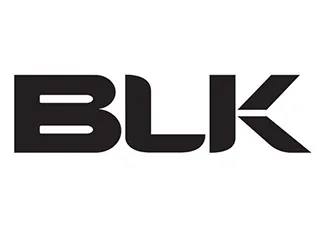
BLK

Franchising Expo

Inside Franchise Business

Health Engine
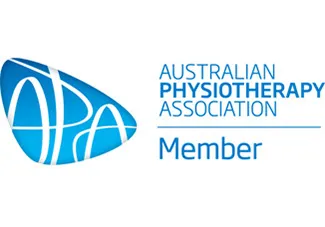
Australian Physiotherapy Association

Australian Goverment Department of Veterans Affairs

HCF
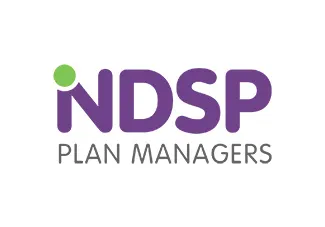
NDSP
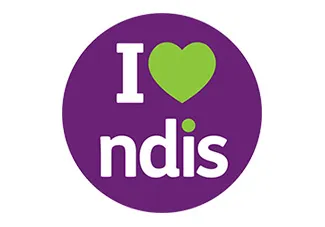
NDIS
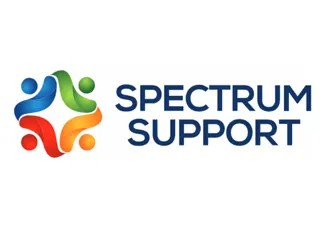
Spectrum Support
Support Offices
